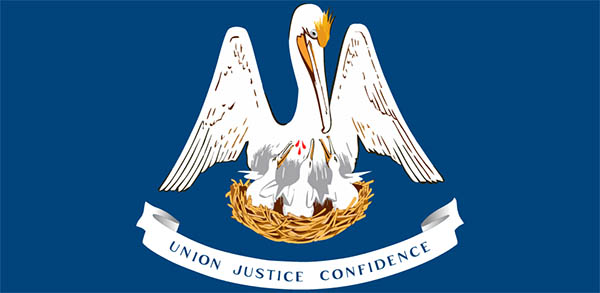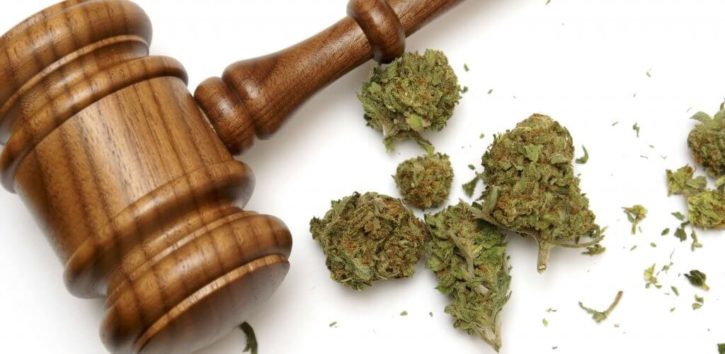Excusing False Positive Drug Test Caused by CBD Use May Be a Reasonable Accommodation, Says U.S. District Court in Louisiana

A federal district court in Louisiana, in Huber v. Blue Cross & Blue Shield of Florida, Inc., recently denied an employer’s motion for summary judgment in an Americans with Disabilities Act (ADA) and Louisiana Employment Discrimination Law (LEDL) case, finding, among other things, that accounting for and excusing a false positive drug test resulting from […]
Department of Transportation Issues Notice on Use of CBD Products by Safety-Sensitive Employees

The Department of Transportation’s (DOT) recent notice on the use of cannabidiol (CBD) products serves as a warning to employees in DOT-defined safety-sensitive positions. While the DOT has always had clear regulations strictly prohibiting the use of marijuana for truck drivers, school bus drivers, train engineers, pilots, transit vehicle operators, and the like, the increasingly widespread […]
What Is CBD Oil and Why Should Employers Care to Know?

Cannabidiol (CBD) is a nonintoxicating compound found in both marijuana and hemp that can be extracted and combined with oil for ingestion or inhalation through the use of a vaporizer. In recent months, retailers in many states have been marketing and selling CBD oil derived from hemp as a natural remedy for pain, anxiety, insomnia, […]